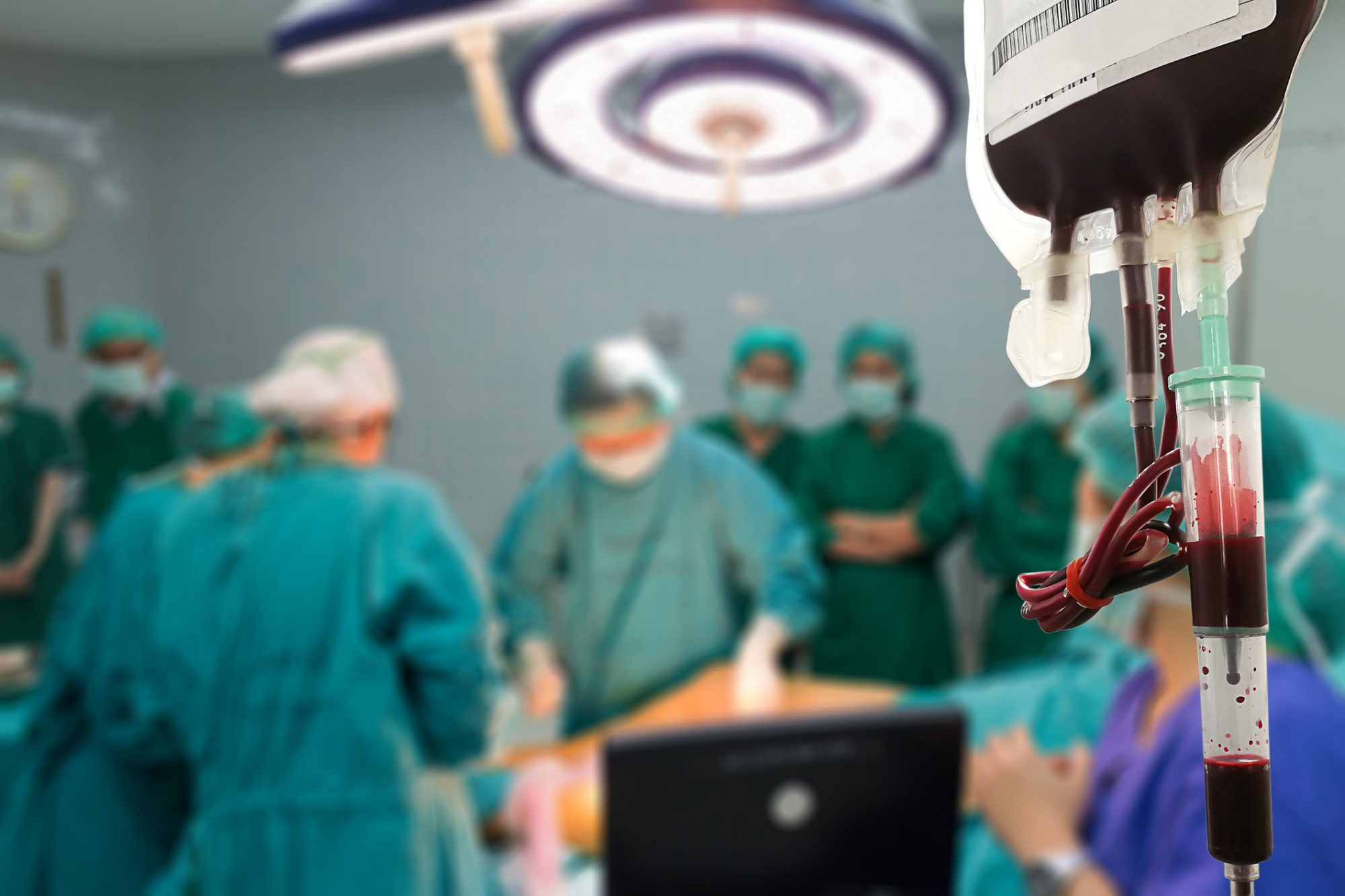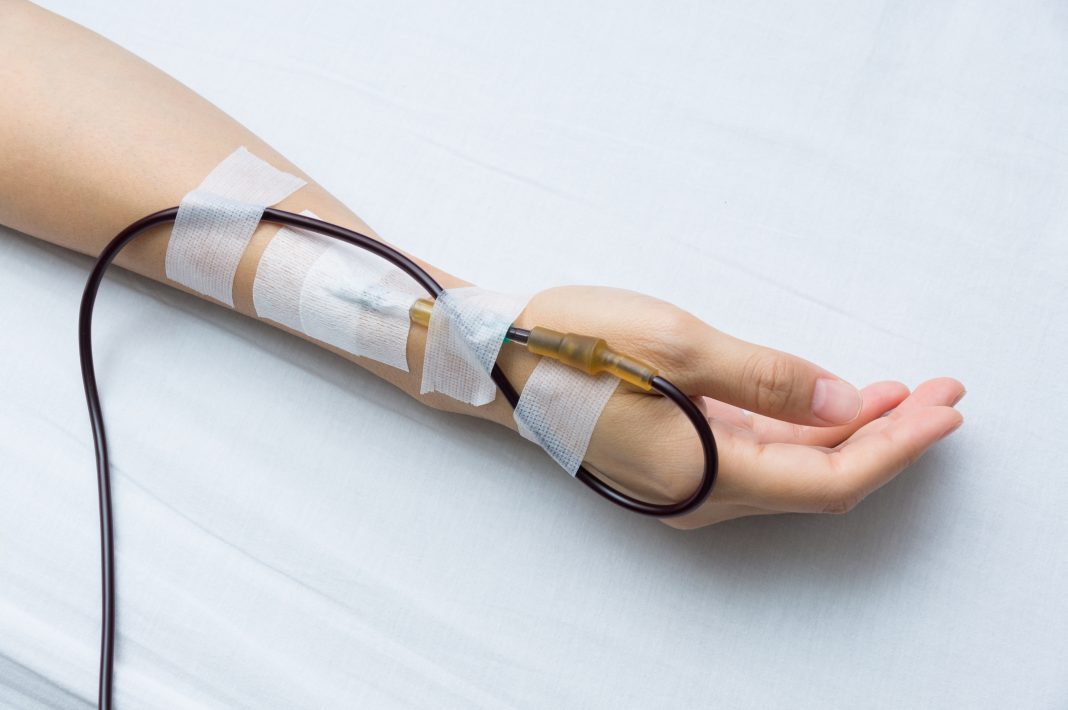Open Access Government investigates the rudiments of blood transfusion, focussing on research in the field and health inequalities
What is a blood transfusion? According to the NHS in the UK, it is when you are given blood from a donor (someone else), a life-saving and safe procedure. (1)
The National Cancer Institute at the National Institutes of Health in the U.S. states that blood transfusion is “a procedure in which whole blood or parts of blood are put into a patient’s bloodstream through a vein. The blood may be donated by another person or it may have been taken from the patient and stored until needed.” (2)
In the UK, NHS Blood and Transplant look after blood donation services in England and transplant services across the UK. The transplantation service they provide to the NHS includes researching new processes and treatments and managing the donation, storage and transplantation of blood, bone marrow, organs, tissues and stem cells. (3) Here, we explore research and noteworthy news from the field.
Research & innovation in blood transfusion
The British Blood Transfusion Society (BBTS) in the UK supports transfusion professionals and is “committed to the research, development and advanced study of blood transfusion,” we discover. In their view, the field of transfusion should be developed and supported for the public benefit. It is also essential that the professional community are given learning opportunities and career development to ensure the profession always moves forward.
BBTS, in their Mission Statement, explain that “high quality education and training, setting standards and promoting research and development and innovation” play a key role in “safe and effective transfusion practice. (4)
On the research theme, did you hear about the recent news that red blood cells grown in a laboratory were transfused into another person during a world-first clinical trial? Did you know that the manufactured blood cells were grown from stem cells from donors? Professor Ashley Toye, Professor of Cell Biology at the University of Bristol and Director of the NIHR Blood and Transplant Unit in red cell products, provides more details: “This challenging and exciting trial is a huge stepping stone for manufacturing blood from stem cells. This is the first-time lab grown blood from an allogeneic donor has been transfused and we are excited to see how well the cells perform at the end of the clinical trial. (5)

In September 2022, scientists from NHS Blood and Transplant (NHSBT) and the University of Bristol discovered a new blood group system called Er. Nicole Thornton, Head of Red Cell Reference at NHSBT’s International Blood Group Reference Laboratory, unpacked this amazing discovery: “Most people will have what we consider to be the ‘regular’ form of Er but a small number of rare individuals have altered forms – including the new ones we identified in this study.
“Discovering the genetic basis of blood groups allows us to develop new tests to identify those with uncommon blood groups, with the aim of providing the best possible care for even the rarest of patients.
“This discovery solves the 30 year plus mystery of the genetic background of this blood group system but the most important consideration for us, in investigating these cases, was to be able to provide answers to two mothers who tragically lost their babies.
“The more we know about such rare blood group variations, along with the ability to be able to test for and identify them, the better care we are able to offer to such patients in the future.” (6)
Tackling health inequalities for those who need regular a blood transfusion
It’s interesting to note funding to address the shortage of organ, blood and stem cell donors from Black, Asian and mixed-ethnic backgrounds was announced in early December 2022. This is in line with the aim of the UK Government and NHS to combat health inequalities for those in need of regular blood transfusions or life-saving transplants. Minister for Primary Care and Public Health, Neil O’Brien said: “Blood, organ and stem cell donations save lives – and this funding will ensure projects that aim to encourage donation and increase education are led by, and tailored for, the communities we hope to see increased donations from.
“I encourage trusted community organisations to apply so we can continue tackling health inequalities and work to ensure people have access to vital blood, organ and stem cell donations when they need them, regardless of their ethnic background.” (7)
Transfusion saves lives
In the view of BBTS, by striving to promote research, development and innovation, lives are saved by transfusion. We have looked at what blood transfusion is, some practical examples of research in the field, and some broader comment on addressing health inequalities. (8)
More recently, a new clinical trial commencing 15th December 2022, means that Air Ambulance crews carry ‘whole blood’ instead of separate red blood cells and plasma to treat “severely injured patients at risk of bleeding to death”, the NHSBT announced. (9)
“Good practice and research in transfusion saves lives”, BBTS affirms. (8)
References
1. https://www.nhs.uk/conditions/blood-transfusion/
2. https://www.cancer.gov/publications/dictionaries/cancer-terms/def/blood-transfusion
3. https://www.nhsbt.nhs.uk/who-we-are/
4. https://www.bbts.org.uk/whoweare/
6. https://www.nhsbt.nhs.uk/news/nhs-scientists-discover-new-blood-group-system/
7. https://www.nhsbt.nhs.uk/news/new-funding-for-local-charities-and-community-groups-announced/
8. https://www.bbts.org.uk/whatwedo/
Further reading
3. https://www.scotblood.co.uk/
4. https://www.welsh-blood.org.uk/
5. https://www.uclhospitals.brc.nihr.ac.uk/our-research/haematology
6. http://www.donorhealth-btru.nihr.ac.uk/project/blood-transfusion/











